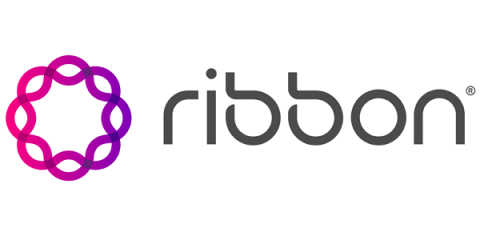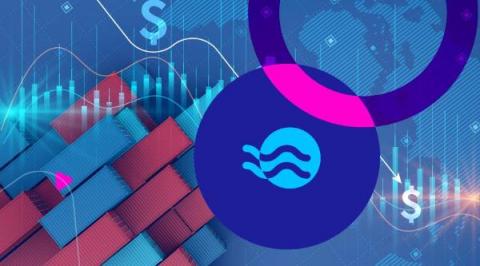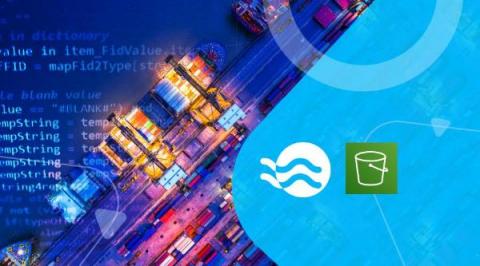The secrets behind our growth - Customer Success
Companies that want to take care of their customers have to invest in a Customer Success team and define the right strategy (Thanks Rav Dhaliwal for your help here). Thinking about customer success is typically something that happens much later (too late?) after the Sales efforts. Growth pressure on startups puts effort in the sales machine to close as many customers as possible while forgetting that growth comes from the current customers. A happy customer is less likely to churn.











